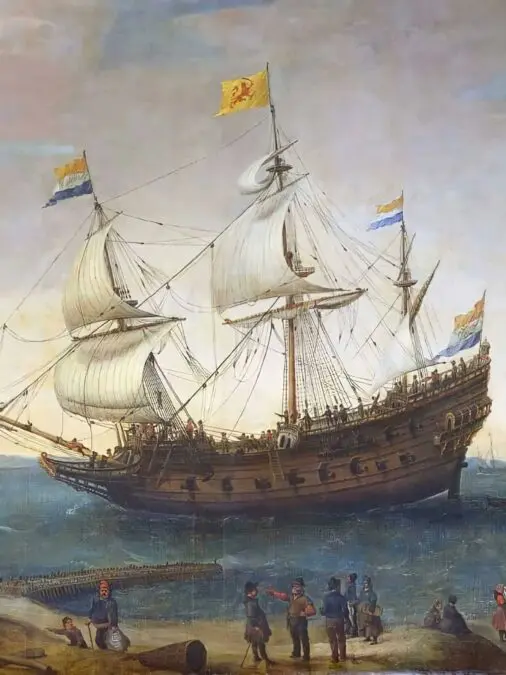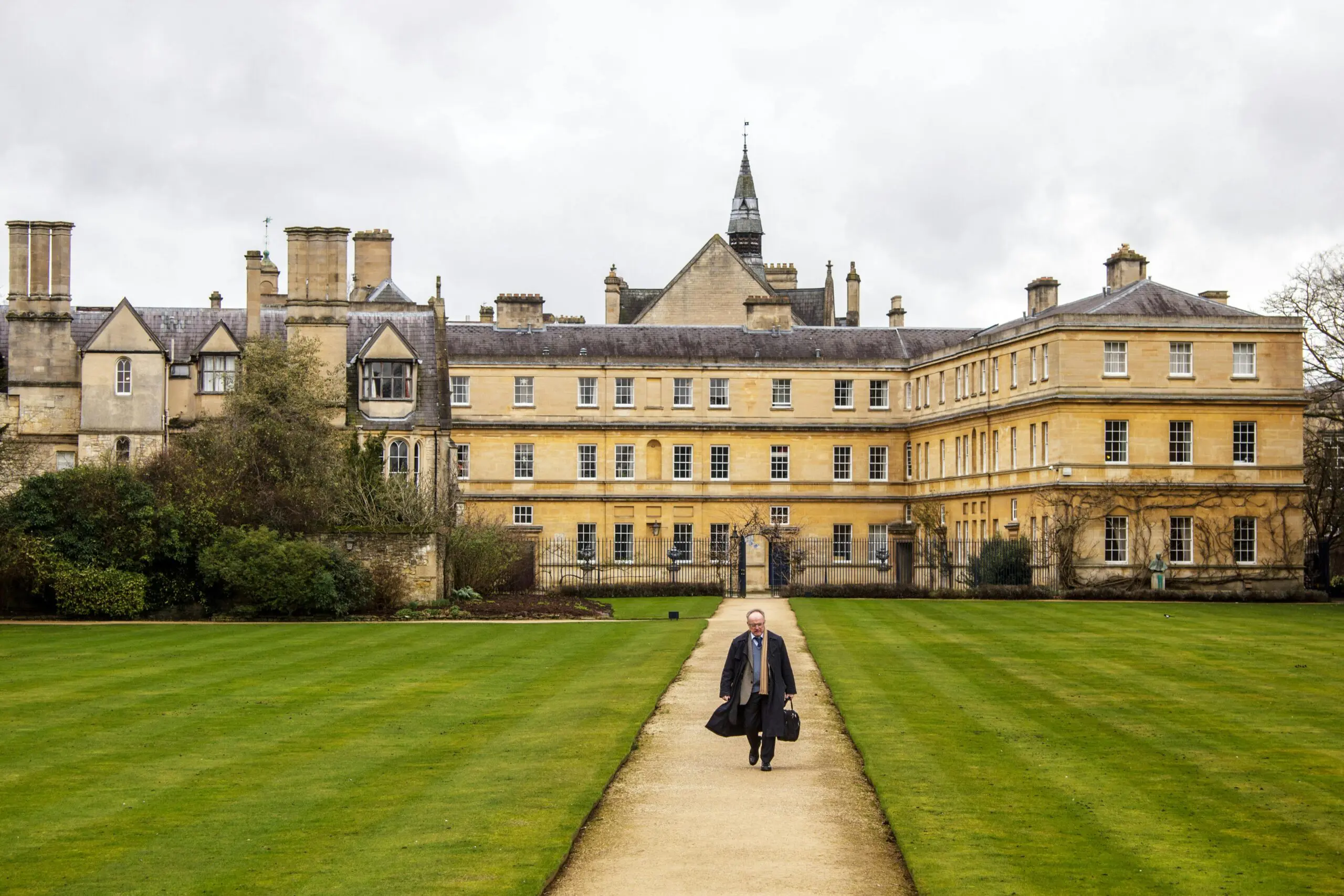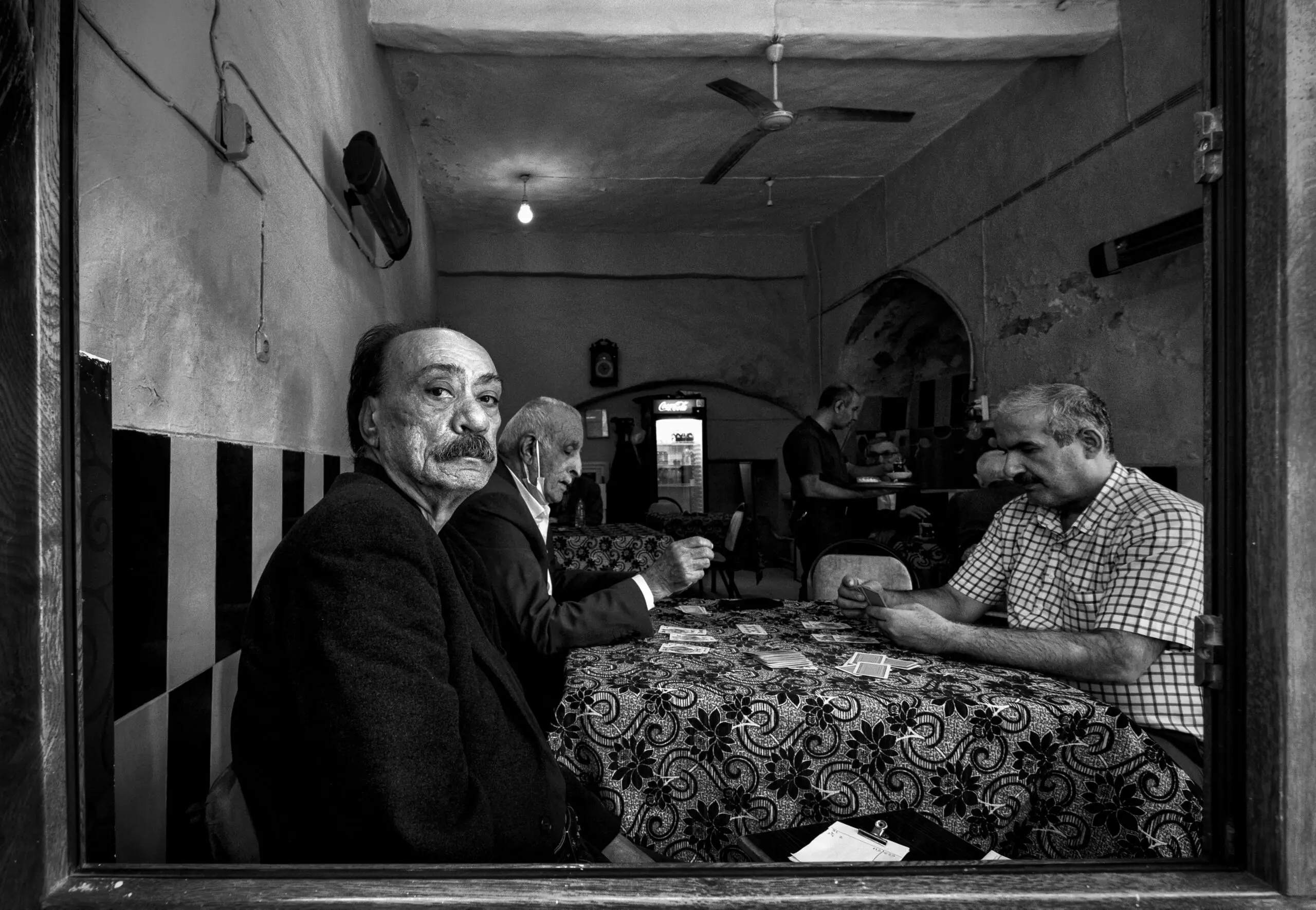Historians identify this conflict as an offshoot of the English Civil War, which raged from 1642 to 1651. Royalist forces loyal to King Charles I initially had the upper hand, but this gradually changed and the Parliamentarians under Oliver Cromwell began to achieve victory after victory.
Eventually Holland also entered the war, allying with the parliamentarians. By the beginning of 1651 it was already clear that the defeat of the royalists was inevitable. They were pushed into the Cornwall region, in the south-west of England. The rest of their fleet retreated to the Isles of Scilly. The Netherlands decided to take advantage of the situation by sending 12 warships there. The aim was to force the royalists to pay reparations to the country.
The naval commanders rejected the request, resulting in the Dutch declaring war on the Isles of Scilly. A blockade began, during which no fighting ever took place. Three months later Cromwell’s Parliamentarians triumphed over their opponents and the civil war ended. The Royalists on the Isles of Scilly capitulated and the Dutch ships lifted the blockade. However, a peace treaty was never signed. The conflict was forgotten until 1986 when historian Roy Duncan noted that it had not yet been officially resolved. As a result, the Dutch ambassador to Great Britain, Rein Hudekooper, visited Seely, where he signed a peace treaty on April 17, 1986. In this way, the war, which had lasted for 335 years, was officially ended.
No one was killed during the entire war.






